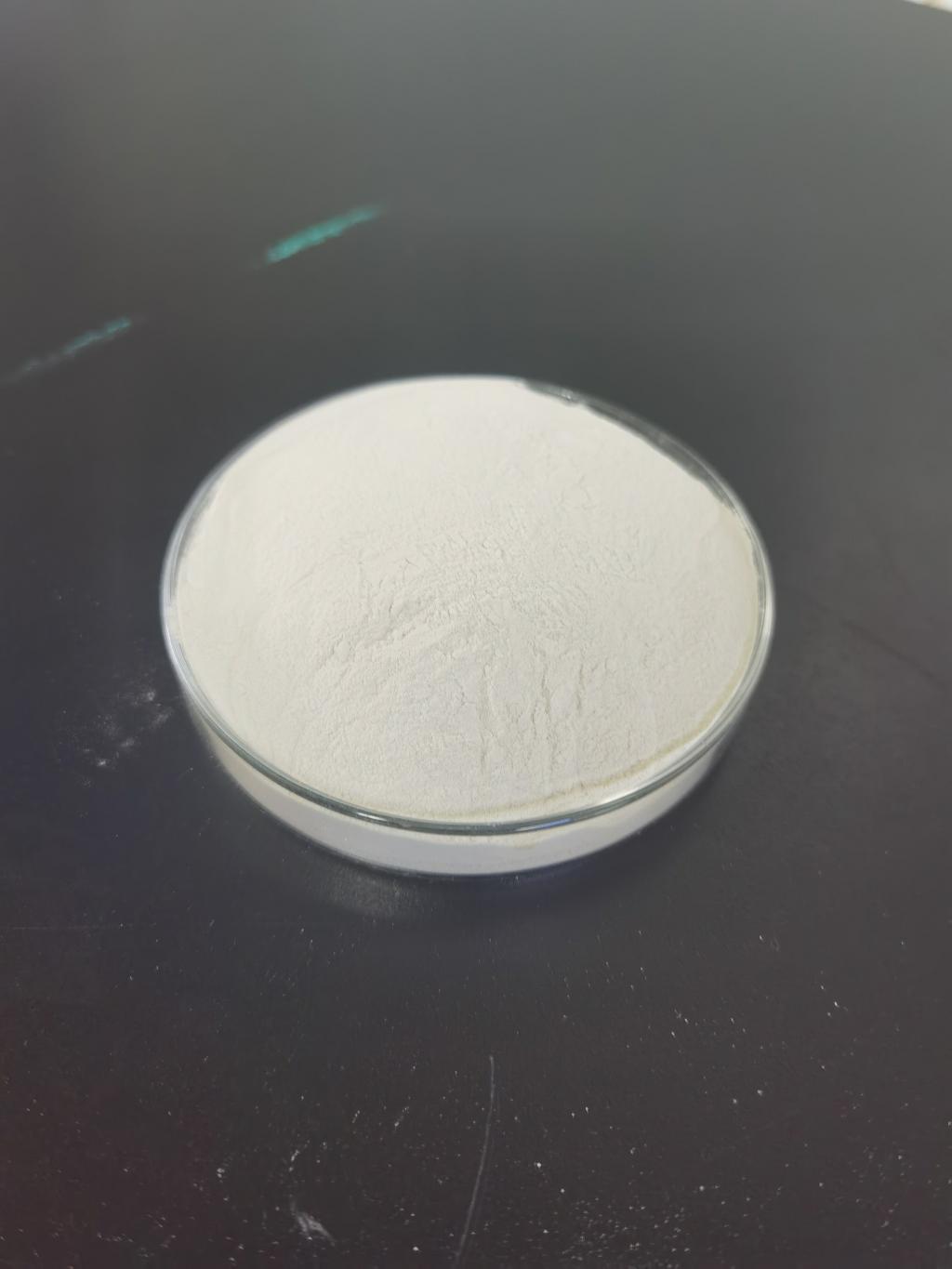Tel:+8618231198596

News
 CONTACT
CONTACT
 CONTACT
CONTACT
- Linkman:Linda Yao
- Tel: +8618231198596
- Email:linda.yao@dcpharma.cn
- Linkman:CHARLES.WANG
- Department:Overseas
- Tel: 0086 0311-85537378 0086 0311-85539701
News
Nisin’s effectiveness in controlling spoilage in ambient-temperature foods is a topic of study.
TIME:2024-09-20
Nisin: An Overview
Nisin is a naturally occurring polypeptide antibiotic produced by certain strains of Lactococcus lactis. It has been used in the food industry for decades due to its broad-spectrum antimicrobial activity, particularly against Gram-positive bacteria, including spore-forming pathogens and spoilage organisms. Nisin is Generally Recognized As Safe (GRAS) by regulatory agencies, making it a preferred choice for food preservation.
Mechanisms of Action
The antimicrobial properties of nisin are attributed to its ability to bind to lipid II, a precursor molecule in the bacterial cell wall synthesis. By binding to lipid II, nisin disrupts the cell membrane, leading to the formation of pores and the leakage of intracellular contents, ultimately causing cell death. This mechanism is highly effective against a range of microorganisms, including those that can cause spoilage at ambient temperatures.
Effectiveness in Ambient-Temperature Foods
Ambient-temperature foods, such as bakery products, sauces, and ready-to-eat meals, are particularly vulnerable to microbial spoilage. The incorporation of nisin into these products can significantly enhance their shelf life and safety. Studies have shown that nisin can:
Inhibit Pathogenic and Spoilage Bacteria: Nisin effectively controls the growth of common spoilage bacteria, such as Bacillus spp., Staphylococcus aureus, and Clostridium perfringens, which are often found in ambient-temperature foods.
Extend Shelf Life: By preventing the proliferation of microorganisms, nisin helps maintain the quality and freshness of foods, extending their shelf life without the need for refrigeration.
Maintain Sensory Attributes: Unlike some chemical preservatives, nisin does not adversely affect the taste, texture, or appearance of food, ensuring that the sensory attributes remain intact.
Applications and Formulations
Nisin can be incorporated into ambient-temperature foods through various methods, including direct addition, encapsulation, and integration into packaging materials. Some specific applications include:
Bakery Products: Nisin can be added to bread, cakes, and other baked goods to inhibit mold and yeast growth, thereby prolonging their freshness.
Sauces and Condiments: Incorporating nisin into mayonnaise, salad dressings, and other condiments can prevent spoilage and maintain product stability.
Ready-to-Eat Meals: Nisin can be used in pre-cooked meals, such as pasta dishes, rice bowls, and sandwiches, to ensure they remain safe and fresh during storage and distribution.
Challenges and Considerations
While nisin offers numerous benefits, there are several challenges that must be addressed to optimize its effectiveness in ambient-temperature foods:
Stability and Activity: Nisin's activity can be influenced by factors such as pH, temperature, and the presence of other food components. Ensuring its stability and sustained release is crucial for long-term efficacy.
Compatibility with Food Matrices: The interaction between nisin and the food matrix can affect its distribution and availability. Research is needed to develop formulations that maximize nisin's compatibility with different food types.
Regulatory Approval: Although nisin is GRAS, its use in new applications or at higher concentrations may require additional regulatory approval, depending on the country and specific food category.
Consumer Acceptance: Educating consumers about the safety and benefits of nisin is essential for its acceptance in the marketplace, especially in regions where natural preservatives are preferred.
Conclusion
The use of nisin in controlling spoilage in ambient-temperature foods represents a valuable approach to enhancing food safety and extending shelf life. Its natural origin, broad-spectrum antimicrobial activity, and minimal impact on sensory qualities make it an attractive alternative to traditional preservatives. As research continues, the optimization of nisin's application in various food matrices will further solidify its role in the food industry, contributing to more sustainable and safer food systems.
- Tel:+8618231198596
- Whatsapp:18231198596
- Chat With Skype







